INTENSIVE COURSES
INTENSIVE COURSES
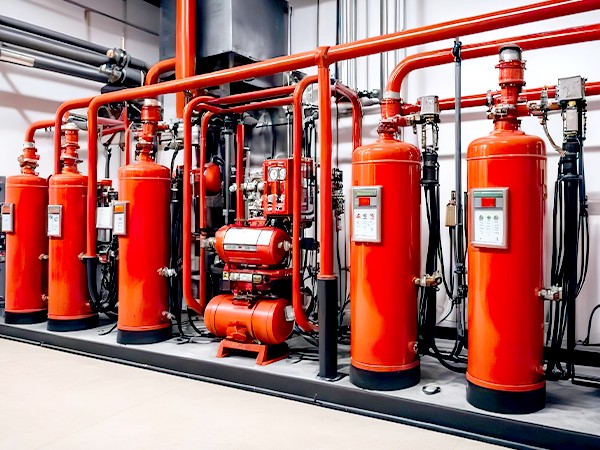
Fire Suppression System Engineering
OVERVIEW
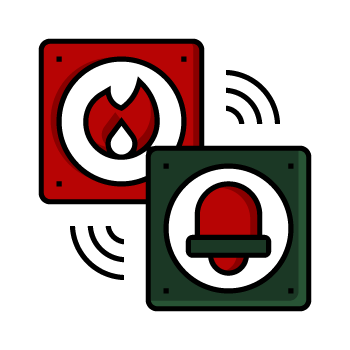
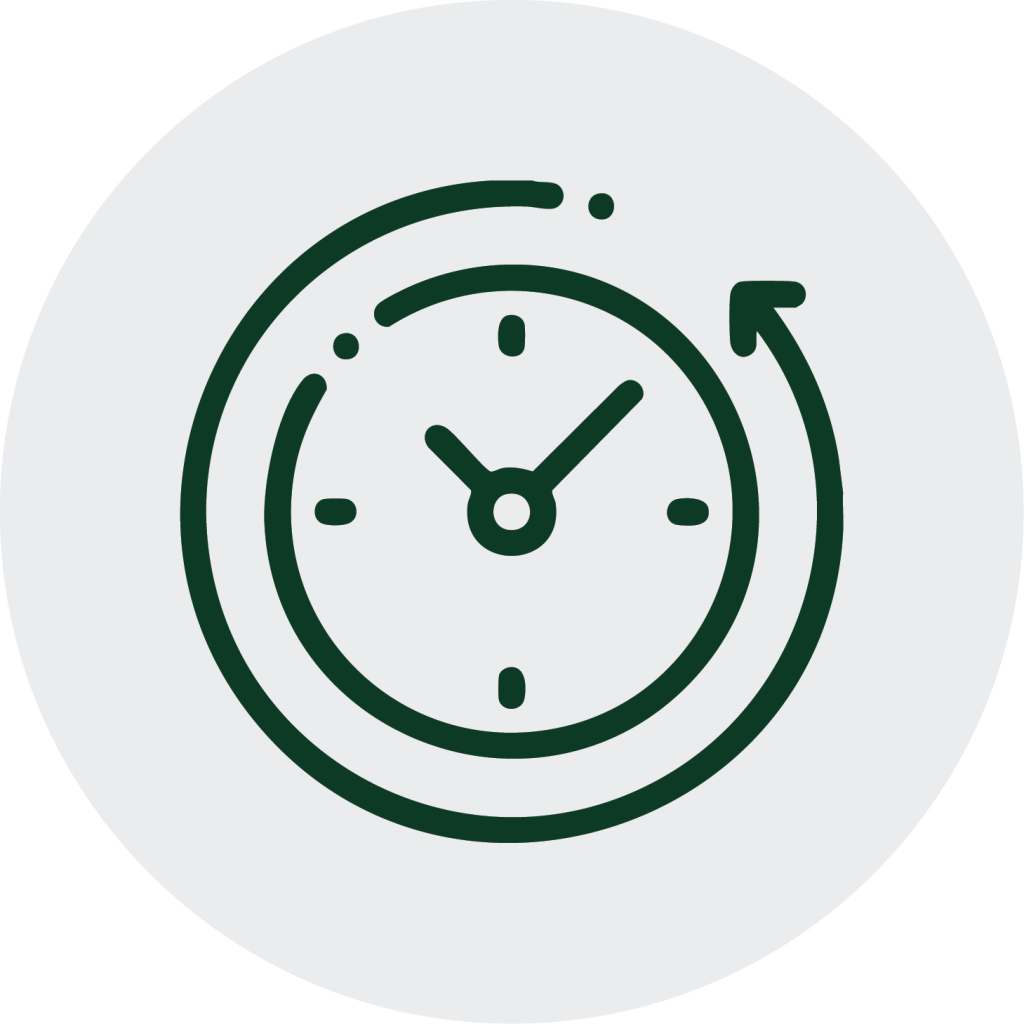
Duration
Stated on Each Course List
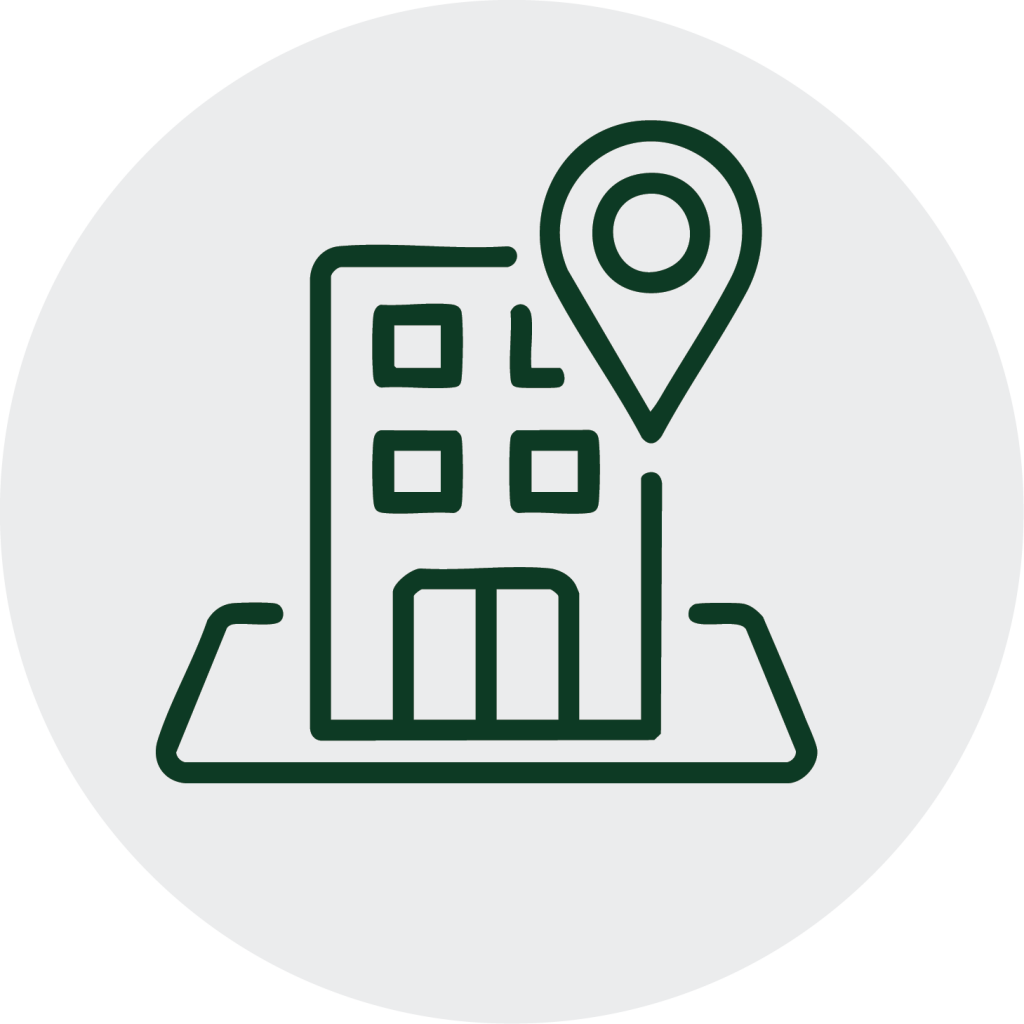
Study Options
Hybrid – Campus/ Online
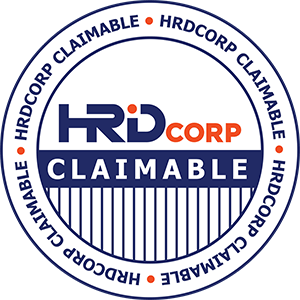
Program DETAILS LIST
Please refer to the list of standalone courses below, along with their respective durations. For more details, feel free to reach out. Kindly note that all courses listed are HRD claimable.
Hazard Analysis ( 1 day)
Overview: Knowledge on the importance of hazard analysis, general guidelines for conducting a hazard analysis, the typical information that is collected, an introduction of common hazards found, typical fuels encountered, special considerations and special hazard analysis concerns when servicing systems.
Content: Fire hazards identification, fire risk assessment, classes of fire hazards, fire safety standards compliance assessment, evacuation plans, emergency response plan, etc.
Effective Fire Prevention ( 1 DAY)
Overview: Knowledge on the process of taking effective fire prevention strategies and measures to avoid the occurrence of fire. Covers the understanding on the proactive method of preventing fire-based incidents and reducing the damage caused by them.
Content: Fire risk assessment, hazards analysis, types of fire protection system necessary, standard requirement, fire prevention plan, emergency response plan, etc.
Principles of Fire Extinguishment ( 1 DAY)
Overview: Knowledge on the principles of fire extinguishment that are based on the fire triangle, which is a model that illustrates the three elements needed for a fire to occur (heat, fuel, and oxygen). Including the methods of removing/extinguishing fire.
Content: Principles of fire extinguishment, fire triangle, heat-fuel-oxygen elements, methods of extinguishing fire (starvation, cooling, smothering), etc.
Basic Extinguishing Agents/ Types ( 1 DAY)
Overview: Knowledge on types of extinguishing agents and their different purpose and way of handling for different types of fire.
Content: Class of fire, description, water based, foam, carbon dioxide (CO2), dry and wet chemical, dry powder, handling method, maintenance, etc.
Basic Fire Alarm Systems ( 1 DAY)
Overview: Knowledge on basic fire alarm systems including details and fundamentals, circuits and pathways, testing and maintenance procedures, initiating devices, notification appliances and emergency control functions.
Content: Introduction to fire alarm system, types of fire alarm systems, conventional fire alarm system, addressable fire alarm system, fire alarm system components and initiating devices, installation procedures, etc.
Advanced Fire Alarm ( 1 DAY)
Overview: Knowledge on intelligent fire alarm system component, functions, installation, maintenance and troubleshooting for various detection methods including smoke, air sampling, video smoke and flame detection.
Content: Types of intelligent fire alarm system, system components and devices, system design and functionality, installation and testing, troubleshooting and maintenance, etc.
CO2 System Safety ( 1 DAY)
Overview: Knowledge on the safety risks and considerations when there is a potential for exposure to Carbon Dioxide Fire Suppression Systems.
Content: Types of Carbon Dioxide suppression systems, the standard for Carbon Dioxide Systems safety precautions and requirements, safety devices, mechanisms and signage, defining applications and spaces as well as how to safely commission, test and inspect these systems.
Basic Plans, Specifications & Standard Symbols ( 1 DAY)
Overview: Knowledge on basic plans, specifications and standard symbols of fire suppression systems.
Content: Introduction to fire suppression system, fire suppression system components, shop drawing, schematic plans, common drawing sizes and scales, plan legend and symbols, specification, measurement, etc.
Detector Spacing Installation ( 1 DAY)
Overview: Knowledge on requirement for the installation of the detectors used in fire suppression system.
Content: Types of detectors, installation requirement, detectors spacing requirement, listed spacing, nominal spacing, design spacing and radius of coverage, detectors location requirement, detector placement requirement, maintenance and testing, etc.
Troubleshooting/ Audit ( 1 DAY)
Overview: Knowledge on the process of diagnosing and fixing issues with a fire suppression system including system performance monitoring.
Content: Introduction to troubleshooting, common causes of fire suppression system issues and problems, system programming review, communication work monitoring, issue documentation and reporting, etc.
Visual Inspection of Cylinders ( 1 DAY)
Overview: Knowledge on the requirements for visual inspection of cylinders.
Content: Standard requirements, applicable standard requirements for clean agent, CO2 and dry chemical cylinders including visual inspection procedures and how to look for corrosion, pitting, leaking dents, damage or other defects, requirements for visual inspection differences that apply when a cylinder is either in service or discharged, etc.
Automatic Detection Systems for The Release of Fire Suppression Systems ( 1 DAY)
Overview: Knowledge on reviewing interconnections from Fire Alarm Systems to Fire Suppression Systems.
Content: Compatibility of releasing systems and their components, standard requirements, examples of various releasing devices and their standard requirements, automatic release configurations, examples of system release, definition of suppression system release terms and automatic release bypass switch requirements.
Special Hazards System Troubleshooting for Fire Alarm Panel ( 1 DAY)
Overview: Knowledge on special hazard system fire alarm panel troubleshooting.
Content: System issues checking and fixing, how to identify possible causes of ground faults or troubles, tools and equipment used to aid in troubleshooting, repairing practices and testing procedures, etc.
Special Hazards Systems Drawings & Submittals ( 1 DAY)
Overview: Knowledge on what needs to be included in special hazard design drawings.
Content: On-site requirements, electrical schematics and mechanical working plans, agent specific information, submittal for approval, record keeping practices and final design documentation.
Special Hazard Systems Inspection, Testing and Maintaining ( 1 DAY)
Overview: Knowledge on special hazard systems inspection testing and maintenance process, procedures, and requirements.
Content: Limits of the systems inspection and test, frequency of inspection, inspection reporting, inspection and test procedures, results of the inspection and post inspection communications as well as understanding and preventative measures for non-fire related discharges of fire suppression systems.
Room Integrity Testing ( 1 DAY)
Overview: Knowledge on the requirements of clean agent retention time for gaseous clean agent systems.
Content: Blower Door Fan Test, performing procedures, common equipment, standard requirements, pressure relief venting, leakage considerations, how to take measurements, exploration of common ‘hold time’ difficulties, pressure venting design requirements and calculations, and common pressure changes during discharge.
Final Acceptance Testing ( 1 DAY)
Overview: Knowledge on the steps and procedures a technician must take to ensure proper functionality and operation of the installed or modified fire system.
Content: Information on preparation, tools and equipment for final acceptance testing, required forms, standard testing requirements, discharge testing and how to verify sequence of operations and programming.
Welding Safety ( 1 DAY)
Overview: Knowledge on the hazards of welding and teaches safe practices and techniques. Including proper use of personal protective equipment (PPE) for welding activity.
Content: Introduction to welding safety, importance of safety, welding hazards and prevention, electric shock, fires and burns, fumes and gases, noise hazards, controls and PPE.
Project Management ( 1 DAY)
Overview: Knowledge on project management processes and tools that will assist in planning, communicating, managing, measuring and ultimately delivering small and large projects successfully on-time, on-budget and to customer satisfaction.
Content: Understanding resources required for completion and delegation of activities, project schedule and deadlines, deliverables, project resources, manpower and budgeting, project reporting, etc.

